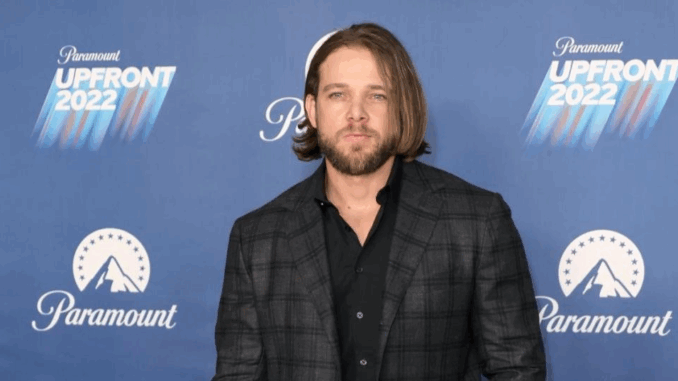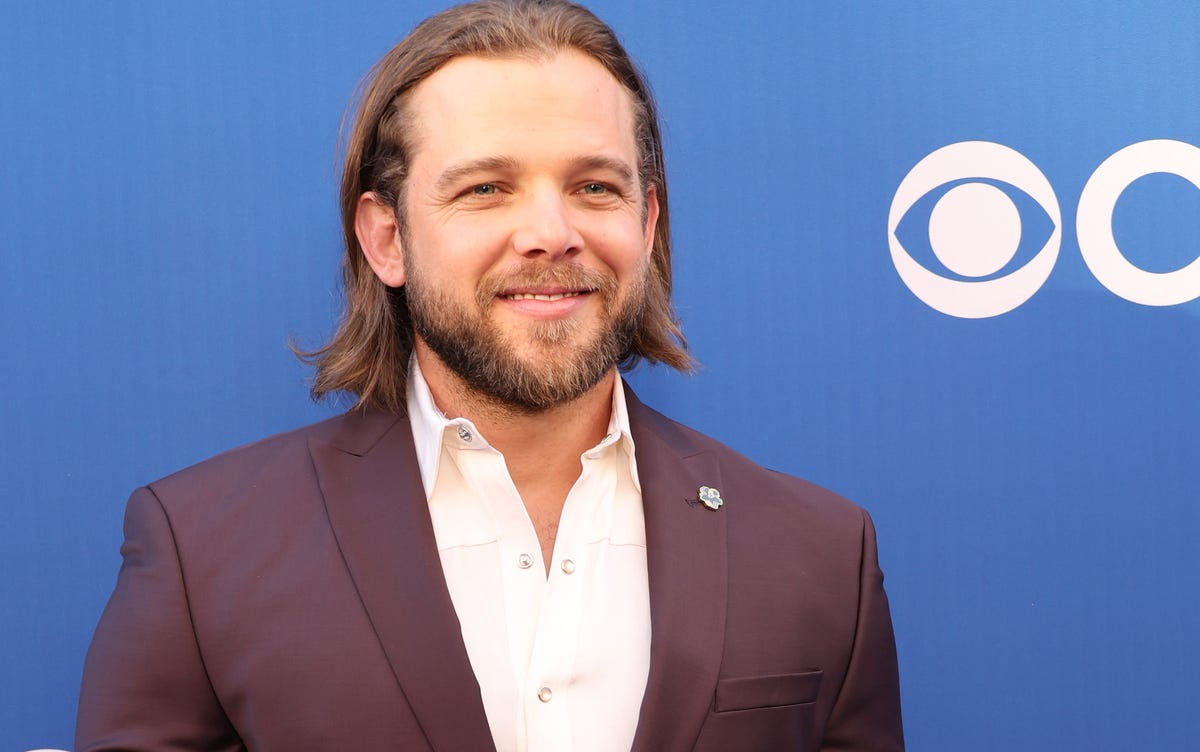
Building a Series From Real Lives
When Max Thieriot co-created Fire Country, he wasn’t just crafting entertainment — he was building a tribute. A tribute to the real firefighters, inmate crews, and communities who live the reality the show dramatizes.
What makes Fire Country unique isn’t just its premise — it’s the authenticity baked into every frame. And that’s no accident. Max made it a personal mission to listen to the real voices behind the fire lines.
“If I’m going to tell their stories,” he said, “I have to earn the right.”
Listening First: Conversations That Built the World
Before the first pilot script was written, Max spent time meeting with active Cal Fire personnel, visiting fire camps, and speaking with former inmates who fought wildfires as part of California’s conservation crews. These weren’t media interviews — they were heartfelt, private conversations.
He heard about the trauma of the job. The exhaustion. The moral gray areas. The resentment and respect between inmates and professional firefighters. And most of all — the humanity behind the uniforms.
One former firefighter told Max:
“When the flames come, it doesn’t matter who you were — inmate, captain, rookie. You either fight, or you fall.”
That line eventually made it into the show’s second season.
Folding Real Pain Into Fiction

The emotional arcs in Fire Country — from Bode’s guilt to Vince’s stoic suffering — aren’t just written for drama. They’re drawn from real testimonies.
Max has said that one inmate shared his story of returning home after firefighting, only to be denied job opportunities due to his record. Another described the grief of losing a crewmate during a burn-over — a grief no one acknowledged because of his “inmate” status.
These moments became emotional anchors in the scripts. Max ensured that every writers’ room session began with a reminder: We represent real people.
Ongoing Collaboration With Fire Professionals
Even during production, Max maintains open lines with Cal Fire consultants, former inmates, and paramedics. Many serve as technical advisors on set. Some even appear as background actors or stunt trainers.
Their input helps shape not only fire sequences, but character psychology. For example, in season two, the decision to show Bode struggling with PTSD and memory flashes came after Max reviewed studies on trauma experienced by both inmates and emergency responders.
“We can’t glamorize this,” he said. “The pain is real.”
The Families Who Found Their Stories
Since the show aired, Max has received hundreds of messages from families of firefighters, incarcerated individuals, and parolees. One mother wrote that her son, who served time but became a firefighter, finally felt “seen” by national TV for the first time.
Another former inmate wrote:
“I didn’t think my life was worth a story. You proved me wrong.”
These reactions moved Max more than any rating or award.
Paying It Forward
Beyond emotional honesty, Max has taken steps to support these communities tangibly. He’s participated in fundraisers for wildfire relief, support groups for incarcerated firefighters, and is in early talks to help develop mentorship programs for former inmate crew members looking to enter fire service careers.
To him, the show isn’t the finish line. It’s a conversation starter.
“If someone watches Fire Country and starts asking better questions about who we forget and why — then we’re doing something right.”
